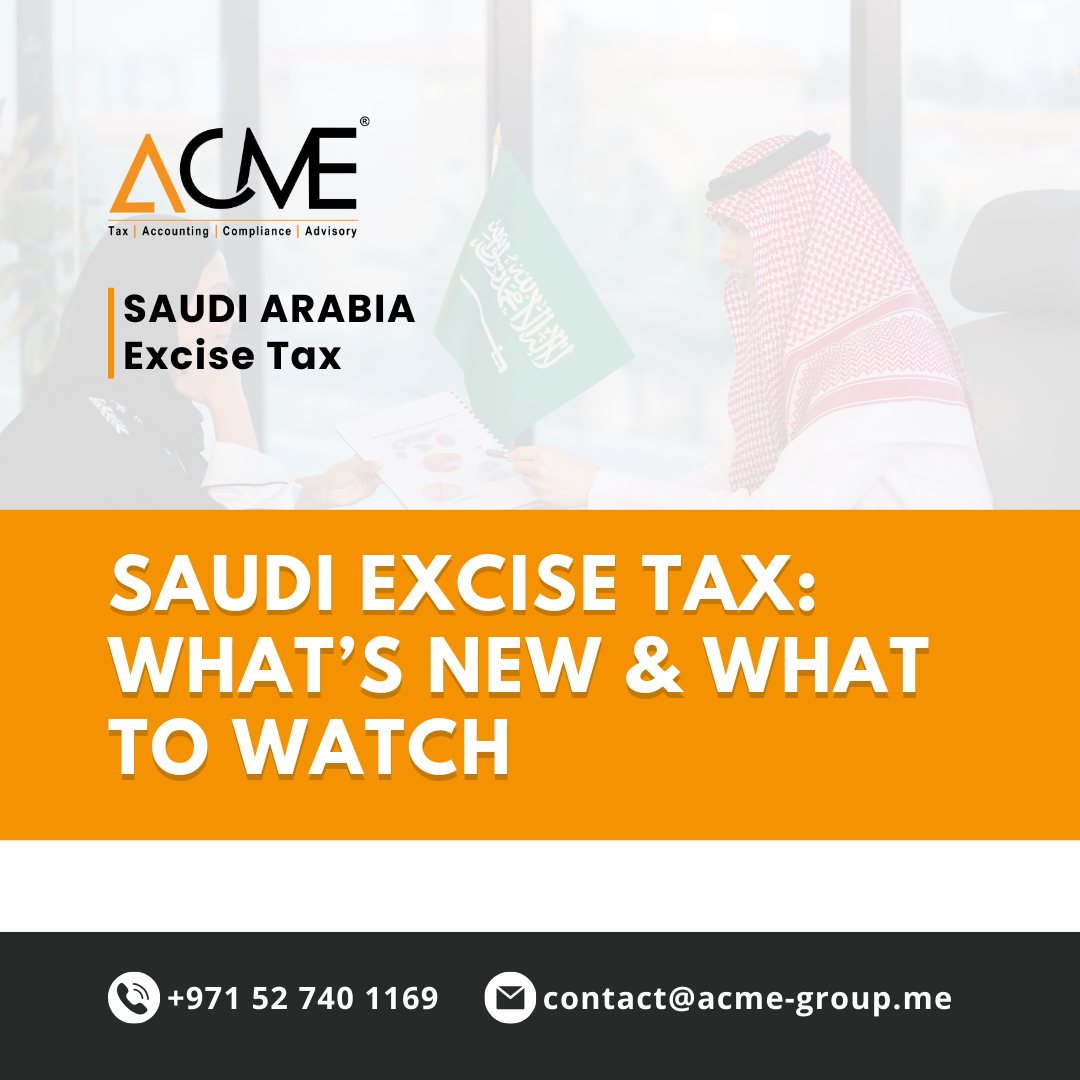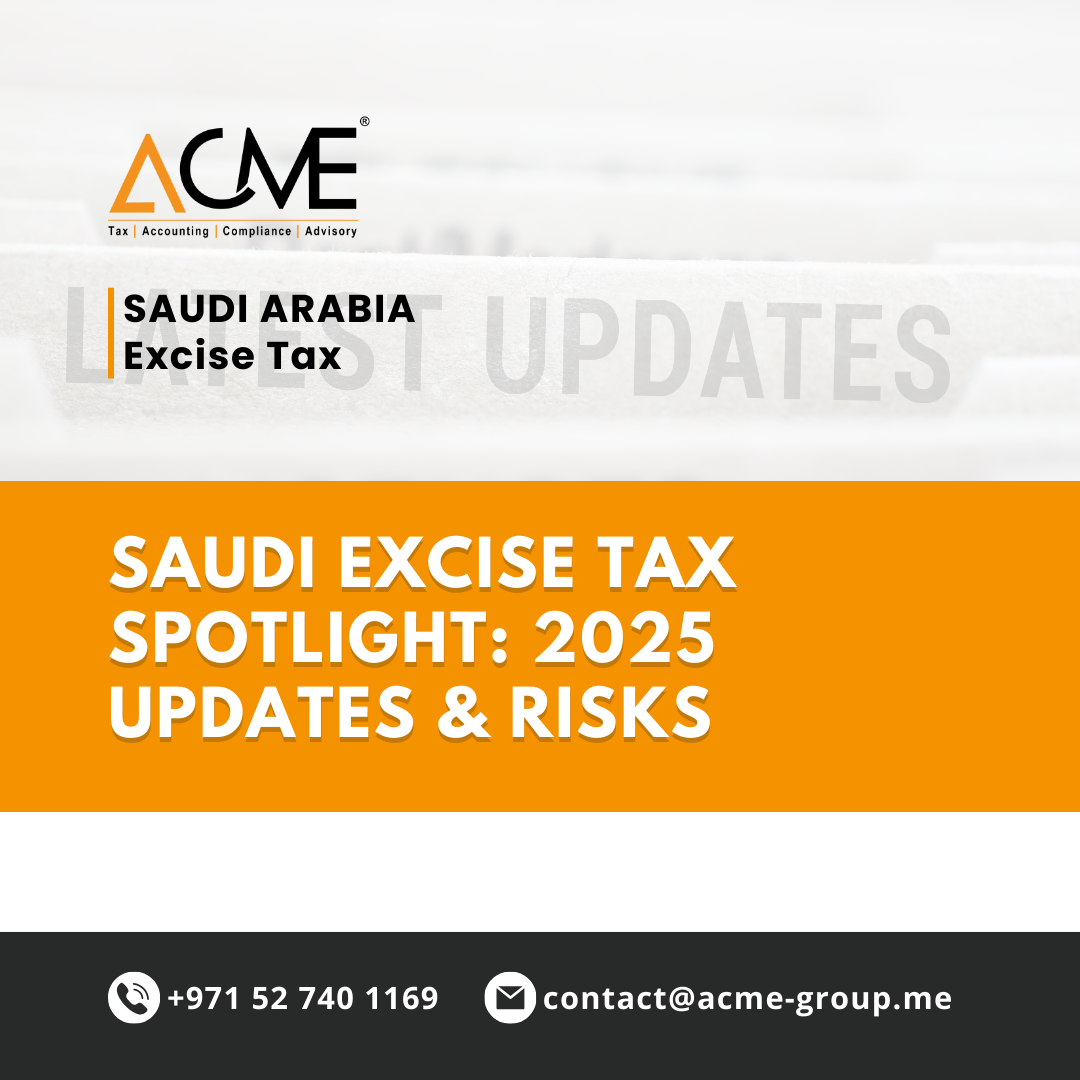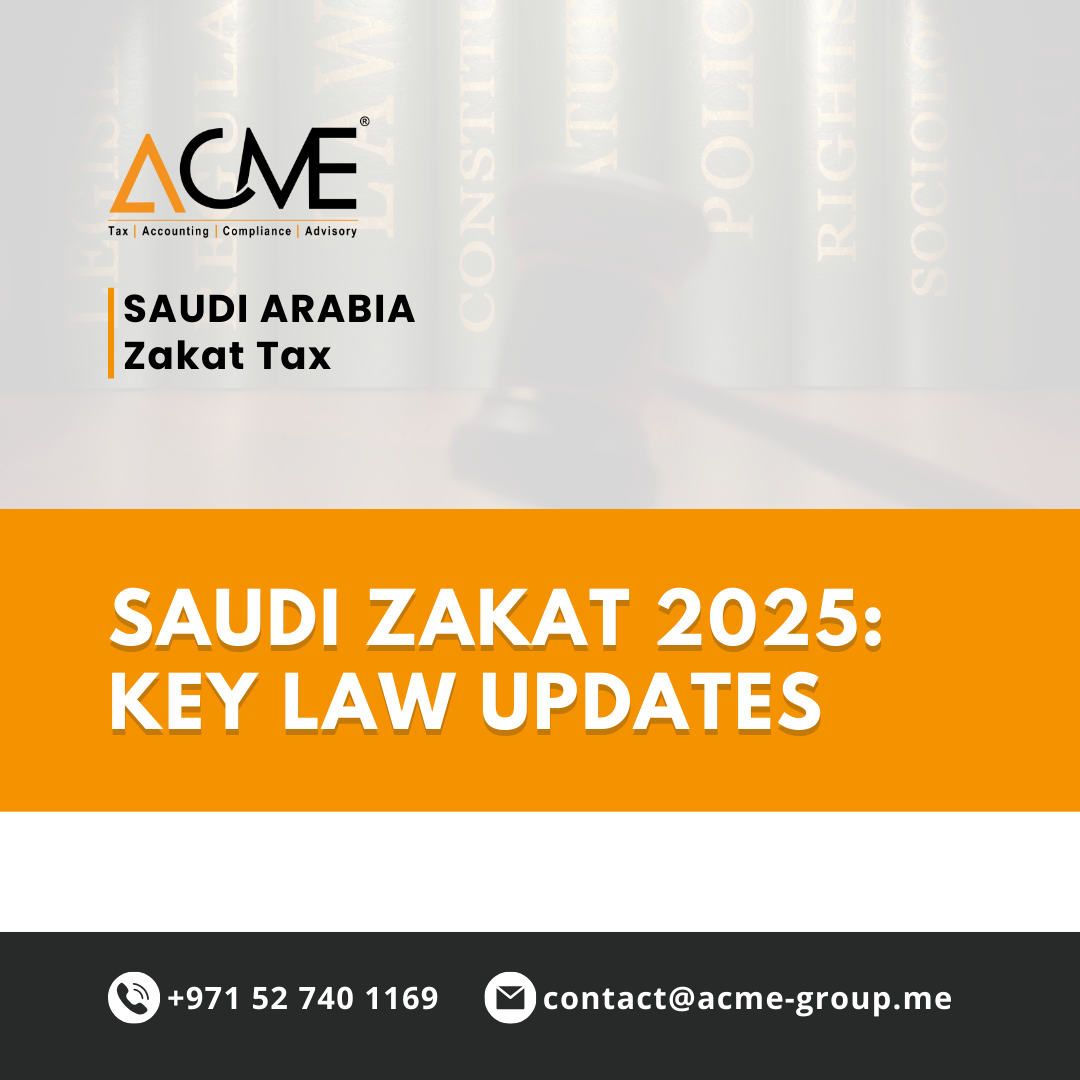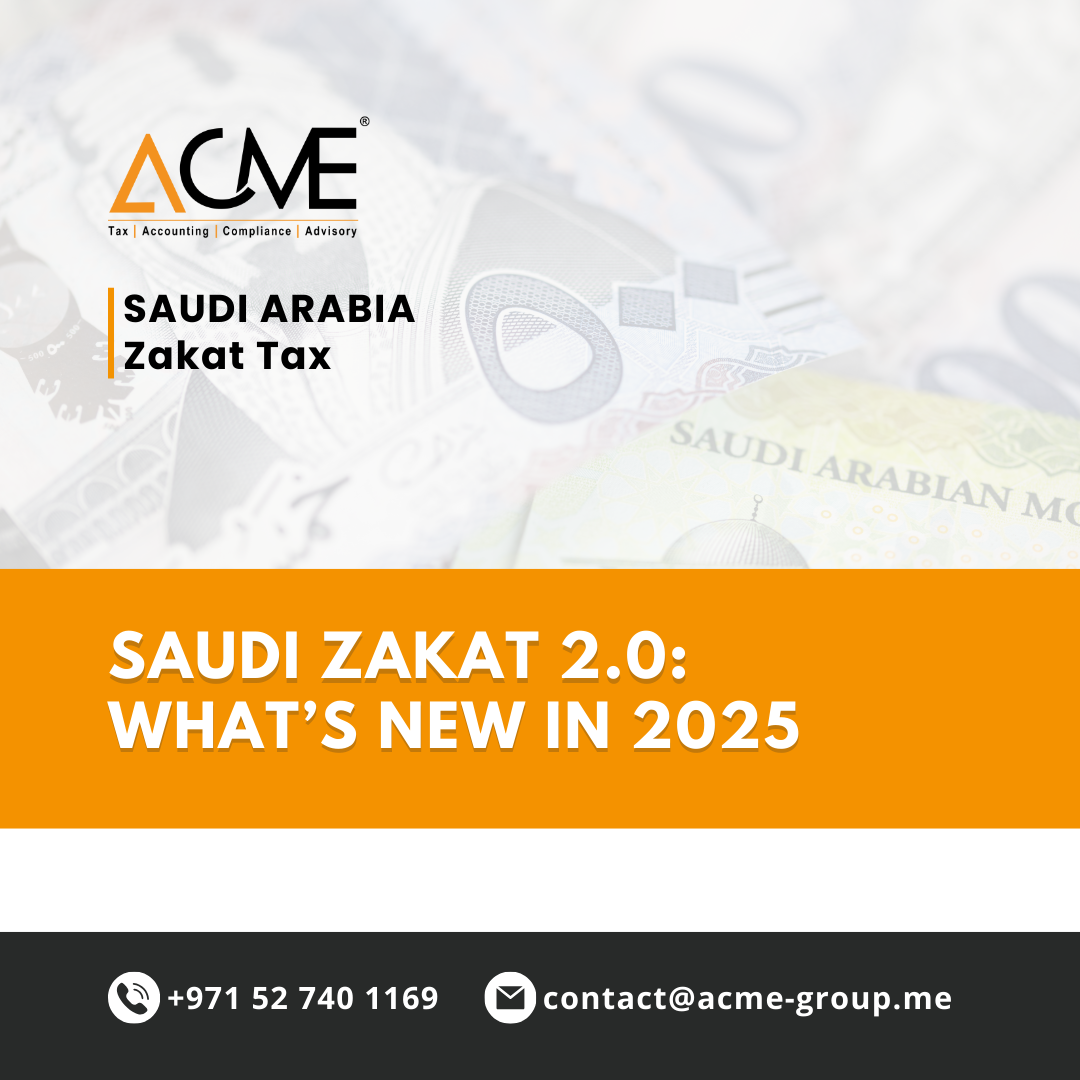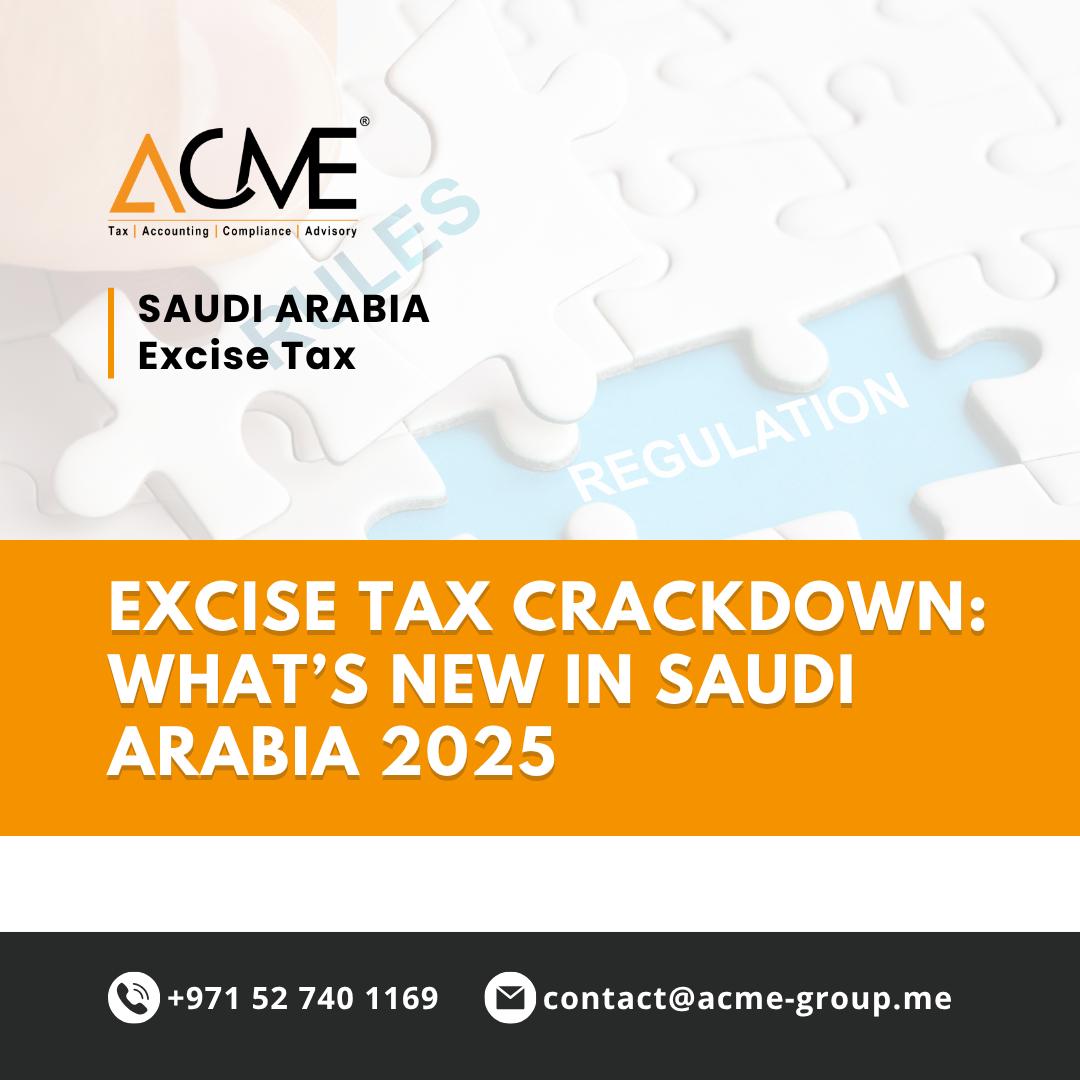On 29 September 2022, Qatar’s Minister of Finance issued Decision No. (12) of 2022, expanding refund opportunities for excise tax payments. This decision allows for the refund of excise tax paid on goods not consumed within Qatar, subject to specific conditions.
Implemented in 2019 under Law No. (25) of 2018 Concerning Excise Tax, excise tax applies to producers, importers, or tax warehouse operators handling goods categorized under the law. These goods include tobacco products, carbonated drinks, energy drinks, and other specified items.
Key provisions outlined in Decision No. (12) of 2022 include
- Damage or Loss: Refunds are granted if excise goods are damaged or lost outside the tax warehouse, provided valid evidence of lack of control is provided by the taxable person.
- Military Purchases: Excise goods purchased locally by military authorities under state agreements are eligible for refunds.
- Exemption Conditions: Refunds are applicable if excise goods are purchased by the Duty free shops and meet exemption criteria, or if they are consumed during international passenger transport and meet exemption conditions.
- Therapeutic Use: Goods used exclusively for therapeutic purposes by healthcare institutions qualify for refunds, subject to meeting exemption criteria.
- Exports and Re-exports: Non-taxable persons exporting or re-exporting excise goods are eligible for refunds.
Decision No. (12) of 2022 marks a significant step in Qatar’s excise tax framework, enhancing clarity and flexibility in refund processes for eligible entities.
Stay informed for more updates on Qatar’s tax policies and regulations.
Summary
Qatar’s Minister of Finance issued Decision No. (12) of 2022 on 29 September 2022, introducing additional refund cases for excise tax payments. This decision allows for refunds on excise tax paid for goods not consumed within Qatar, subject to specific conditions outlined under Law No. (25) of 2018 Concerning Excise Tax. The eligible goods include tobacco products, carbonated drinks, energy drinks, and others specified.
Disclaimer: The Content offer general guidance and should not be considered legal, financial, or tax advice. Consult qualified professionals for personalized guidance. While efforts have been made to ensure accuracy, no guarantee is provided for completeness or applicability to individual situations. Users are responsible for their interpretation and actions based on this information, at their own risk.
This article was published on 02 July 2024.
Related Posts
Saudi Excise Tax: What’s New & What to Watch
Key Points: ZATCA’s Implementing Regulations for excise tax (Resolution No. 9‑1‑17, as amended) define all the updated rules for excise goods in the …
Saudi Excise Tax Spotlight: 2025 Updates & Risks
Key Points: ZATCA’s excise‑tax regime applies to producers, exporters, and holders of excisable goods under suspension or transitional phases. Producers must file …
Saudi Zakat 2025: Key Law Updates
Key Points: ZATCA’s Implementing Regulation for Zakat Collection (MR 1007, 1445H) now applies to fiscal years starting 1 Jan 2024 and replaces …
Saudi Zakat 2.0: What’s New in 2025
Key Points: New Zakat regulation (MR 1007, 1445 H) applies for fiscal years starting on or after 1 Jan 2024. Calculation method …
Excise Tax Crackdown: What’s New in Saudi Arabia 2025
In 2025, Saudi Arabia’s Zakat, Tax and Customs Authority (ZATCA) introduced updates to the Excise Tax Implementing Regulations to enhance compliance monitoring …
Join our Newsletter!
Receive updates on the latest News, Events, Webinar and more.
Our Services
-
Tax ServicesTax Services
-
Financial ServicesFinancial Services
-
AdvisoryAdvisory
-
ComplianceCompliance
Explore More
-
About UsAbout Us
-
Privacy PolicyPrivacy Policy
-
Contact UsContact Us

